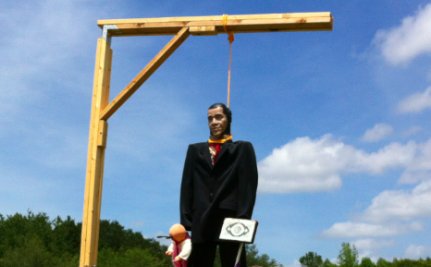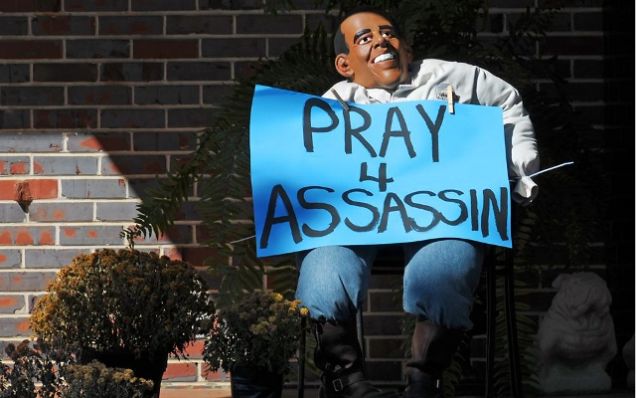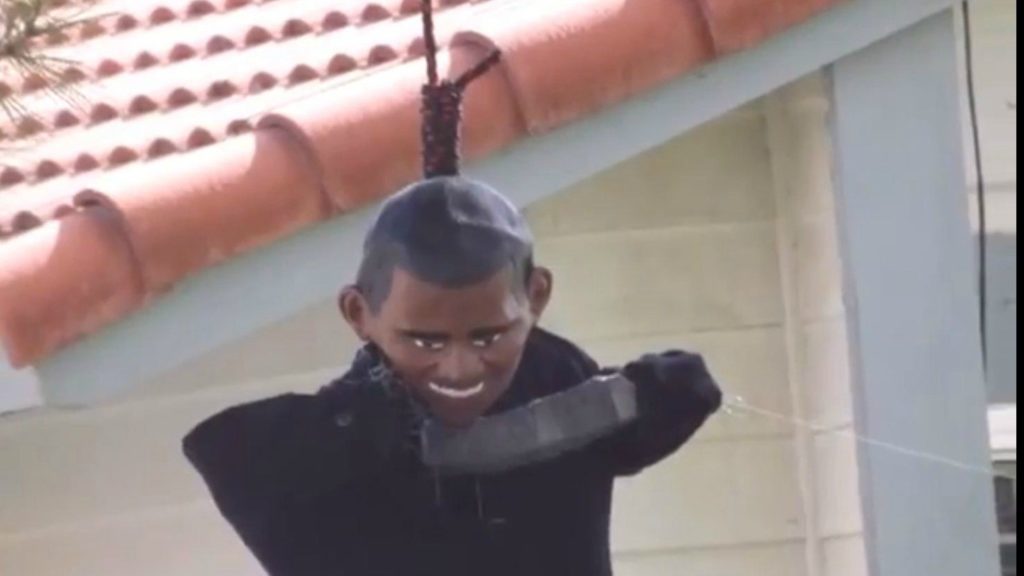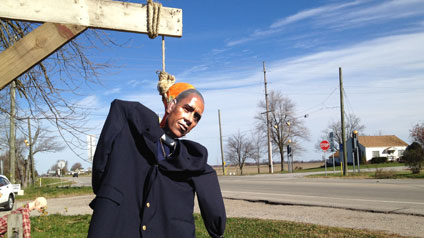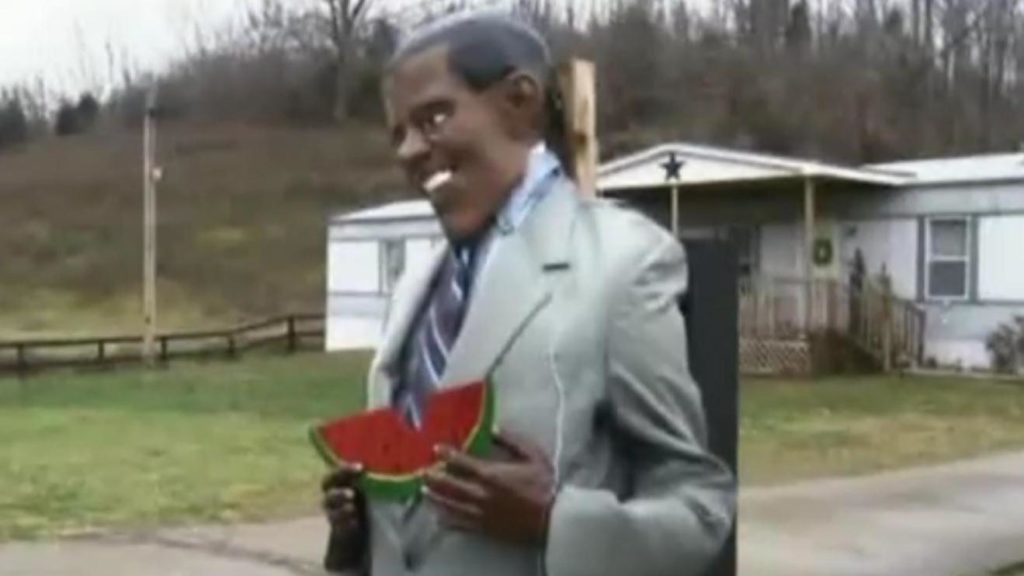Balak 5777
Balak 5777
Numbers 22:2-25:9
Micah 5:6-6:8
In my adolescence my dad had a condo in Rocky Point. We would go there, hit up the fish market, buy incredible fish and produce, go deep sea fishing, and cook up a storm. Honestly, there is no better ceviche than the one that I can make from a trip to that beautiful city. And it is beautiful.
One day, I was maybe 14 or 15, we were driving down there and my dad was trying to find a new place, something one of his friends had told him about. This was when GPS units were large and expensive, not part of ubiquitous pocket sized computers, so we didn’t have one. Heck, even if we had it was a dice roll for the destination in that town to even be listed.
My dad made a turn down an empty street, and I noticed immediately that all the parked cars were facing the wrong way. I knew this was a one-way street and wanted to speak up.
Now, I don’t know if you know this, but I’m kind of a black sheep. I used to be ashamed of this status, though now I embrace it. When you’re a shy early teen with a history of being bullied and a family so wrapped up in their issues that yours are consistently pushed aside, you keep your head down and your mouth shut.
Sure enough, right after he turned down that street, flashing red and blues from a motorcycle cop came on. Dad got pulled over in Mexico. I caught bits of the conversation — he didn’t know it was a 1-way street, though that could have been posturing to get out of a ticket.
One harsh rebuke and $40 later, we were back on our way.
Perhaps that’s something I have in common with another Eddie — relating too well to a donkey. Balaam’s donkey stopped when she saw a hinderance in the path, and was beaten for it. This isn’t a d’var Torah about beating those with silent advice, though. This is about the majesty of the black sheep and the fear they inspire in others.
This entire portion is about the leaders of a people trying to curse the young nation of Israel about to enter their own promised land. They’d heard stories about their fierce and blessed military campaigns and about their esteemed status with a god above all others. Can you imagine that? The G-d of this people is one god, more powerful than the myriad gods of the polytheistic nations.
We were the original black sheep, the ones who transformed religion as this world saw it. And the leaders, Balak and Balaam, knew our power and our potency. Balak tried to curse us and stop us, working his way down to smaller and smaller numbers, trying to bypass and skirt the prohibition on cursing us that Balaam conveyed. Balaam became a mouthpiece of Hashem and conveyed blessings upon Israel and a curse on Balak.
Two leaders acted out of fear in this story. One acted with violence, the other curiosity. One acted with a lust for power, the other acted with a thirst for knowledge. Let’s even look at Balaam’s transportation: a donkey. Not a horse. He rode a work animal, not a majestic steed, a lowly pack animal. Balaam is a man of pragmaticism, probably frustrated pragmaticism, but still pragmatic. He knows what needs to be done and does it.
The biggest thing I’ve learned in my life so far is how to turn being a black sheep into an advantage. How it sets you apart from the rest in everything you do, so people come to expect uniqueness from the get-go. It keeps people on their toes, and expectations shift from typical to atypical. If you leverage yourself as a black sheep, atypical can become extraordinary.
That’s what I think we need to learn at this time.
“How goodly are your tents, O Jacob, your dwelling places, O Israel!”
This isn’t just a blessing put into Balaam’s mouth. This is what we should aspire to. A tent is more than a place to sleep; it is shelter and it is protection. Our love of each other and acceptance of each other will protect us, shelter us, and keep us secure.
We live in an era where white supremacy is coming back, not silently, but loudly and with pride. New hate groups are emboldened and we, as Jews, are receiving hate from both sides of political parties. We need to remember that our few decades of peace and quiet in the US do not make us white — we are still a minority and we are still blamed for things not our doing.
We are not white. We are minorities. We are black sheep. And we are extraordinary. We need to be at the forefront of being extraordinary and we need to back each other up. Whether it’s a small community of Lubavitchers in New York with their ultra-Orthodox ways or egalitarian ultra-Reform Jews with questionable conversions, we need to embrace Jewry in its vast, glorious, and extraordinary nature. We are a nation of people, which means we will have dissent, debate, and fights. We cannot, though, forget that we are still the other, so we must lift each other up and elevate what we have in common: belief in G-d, G-d alone.
My prayer this Shabbat is that we remember who we are. That we are not white. That we can acknowledge the glory of all our schools of thought, even those we vehemently disagree with. Each of us can be a different shade of dark in our wonderful flock of black sheep. Shabbat shalom.
